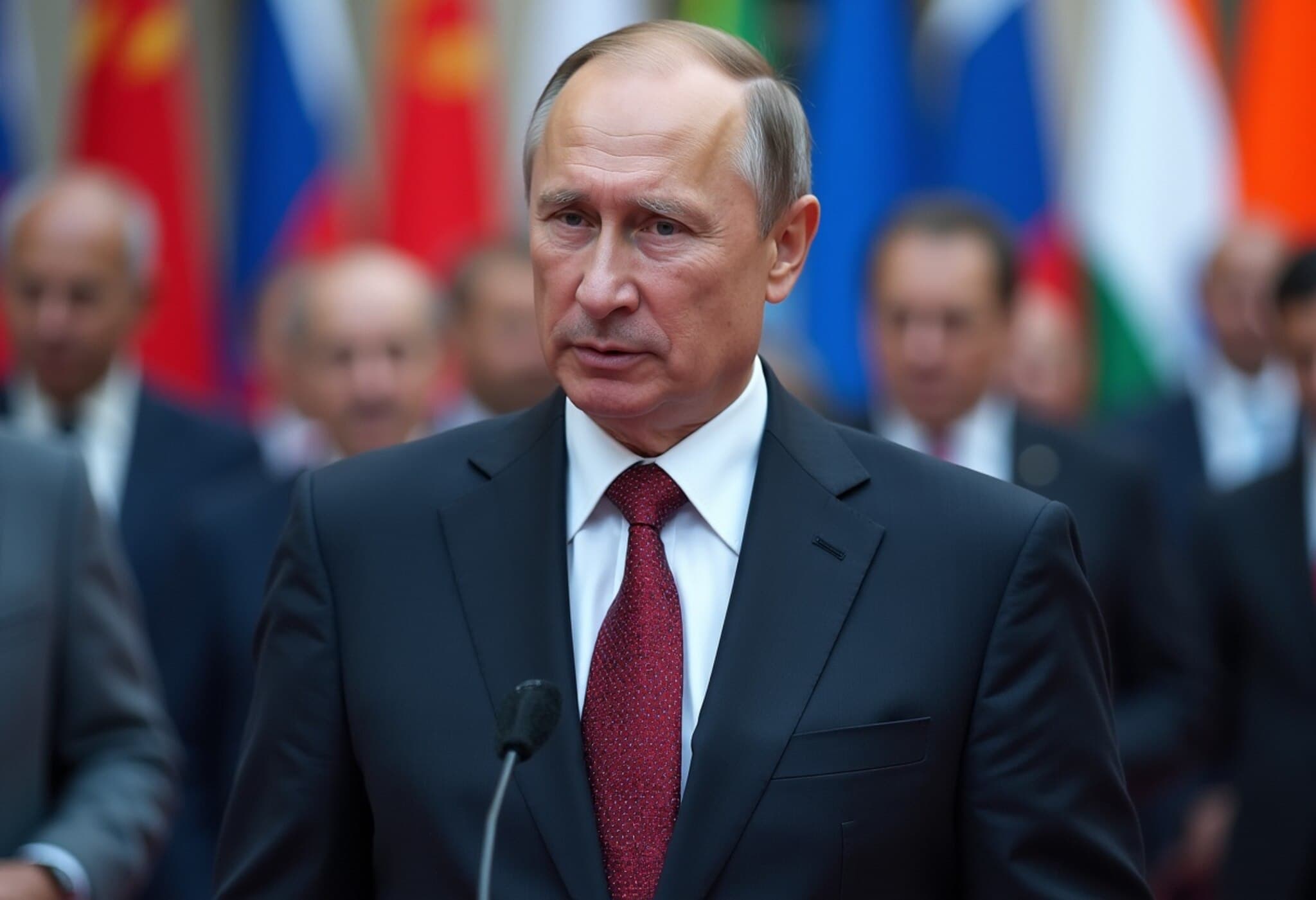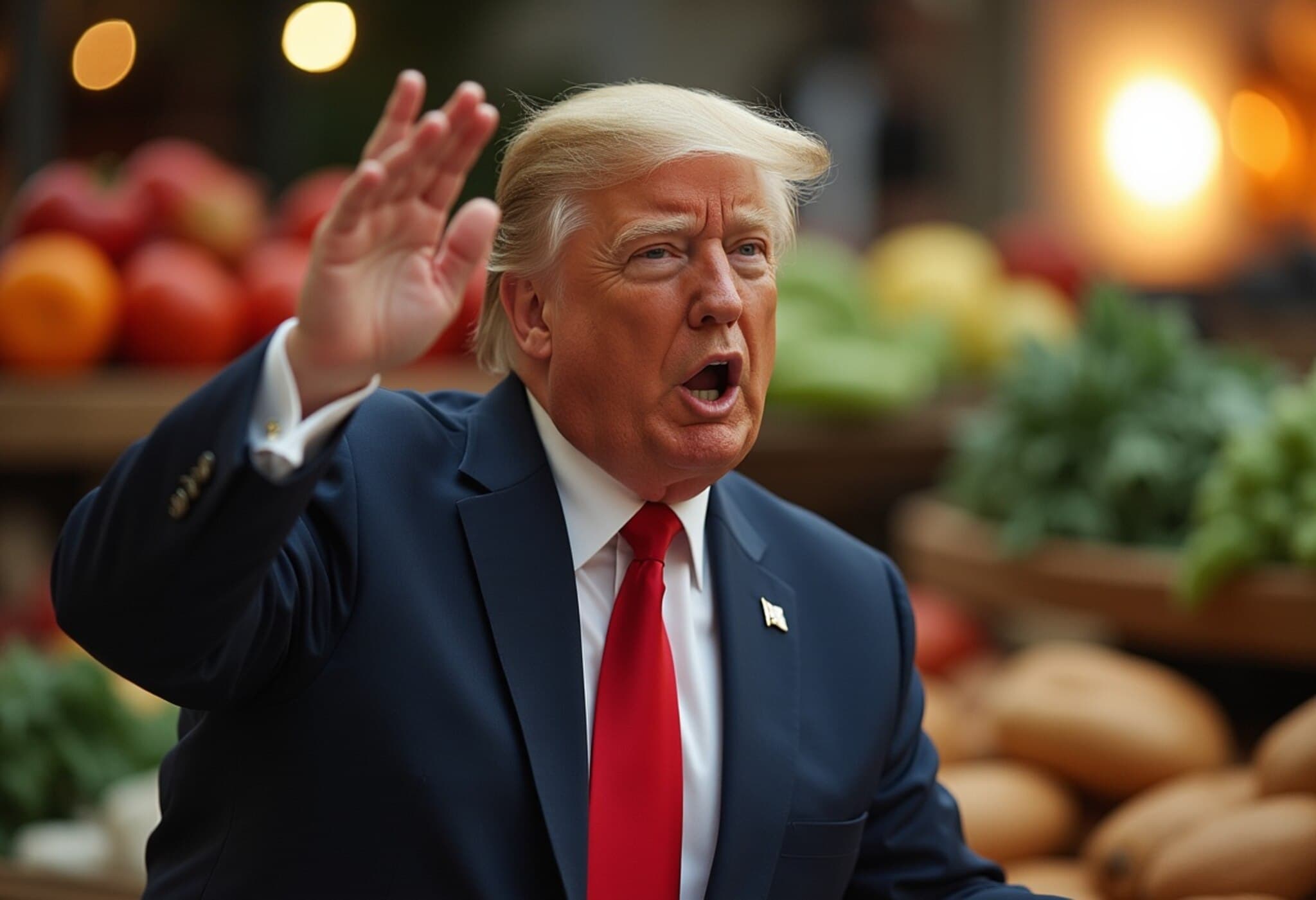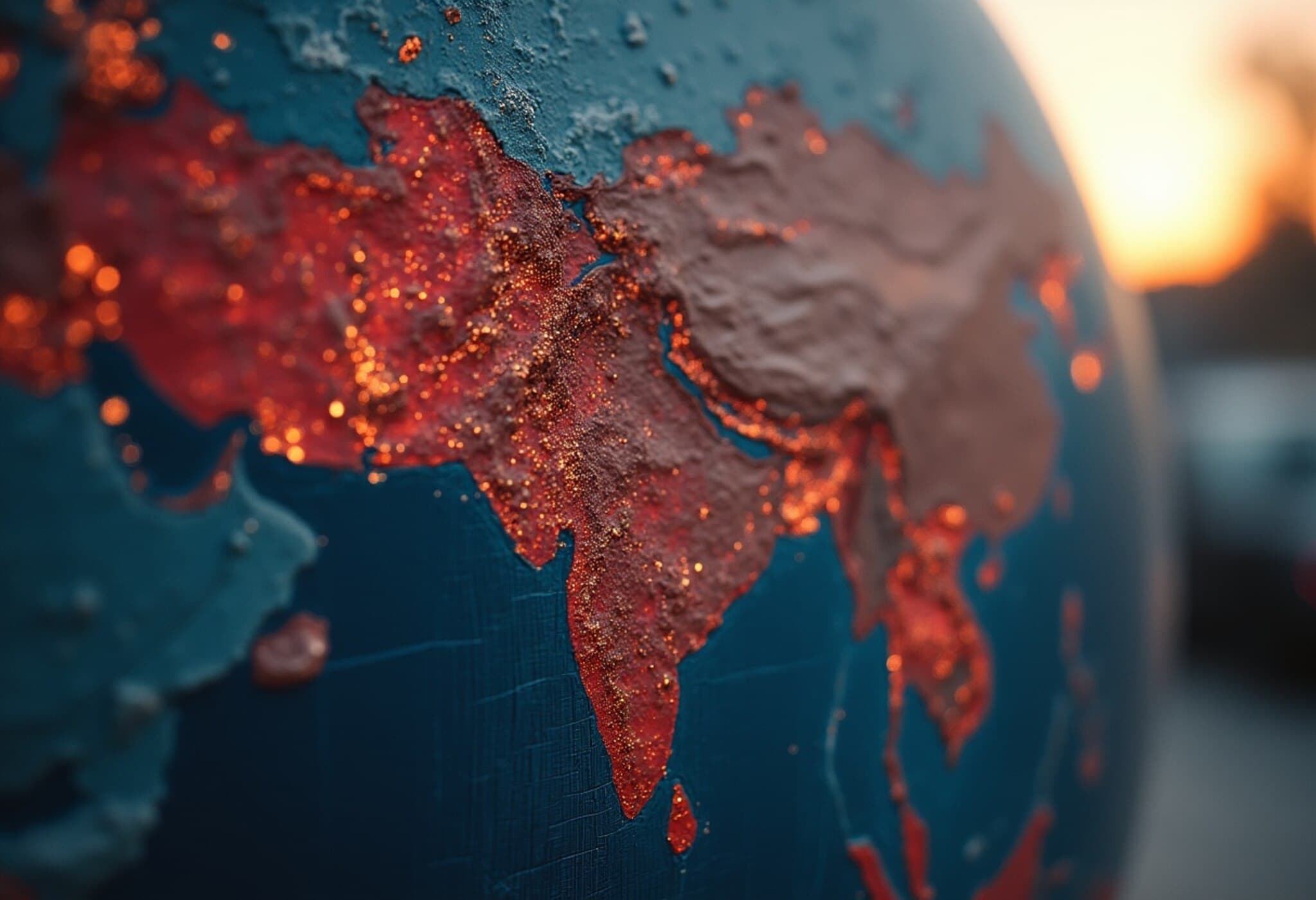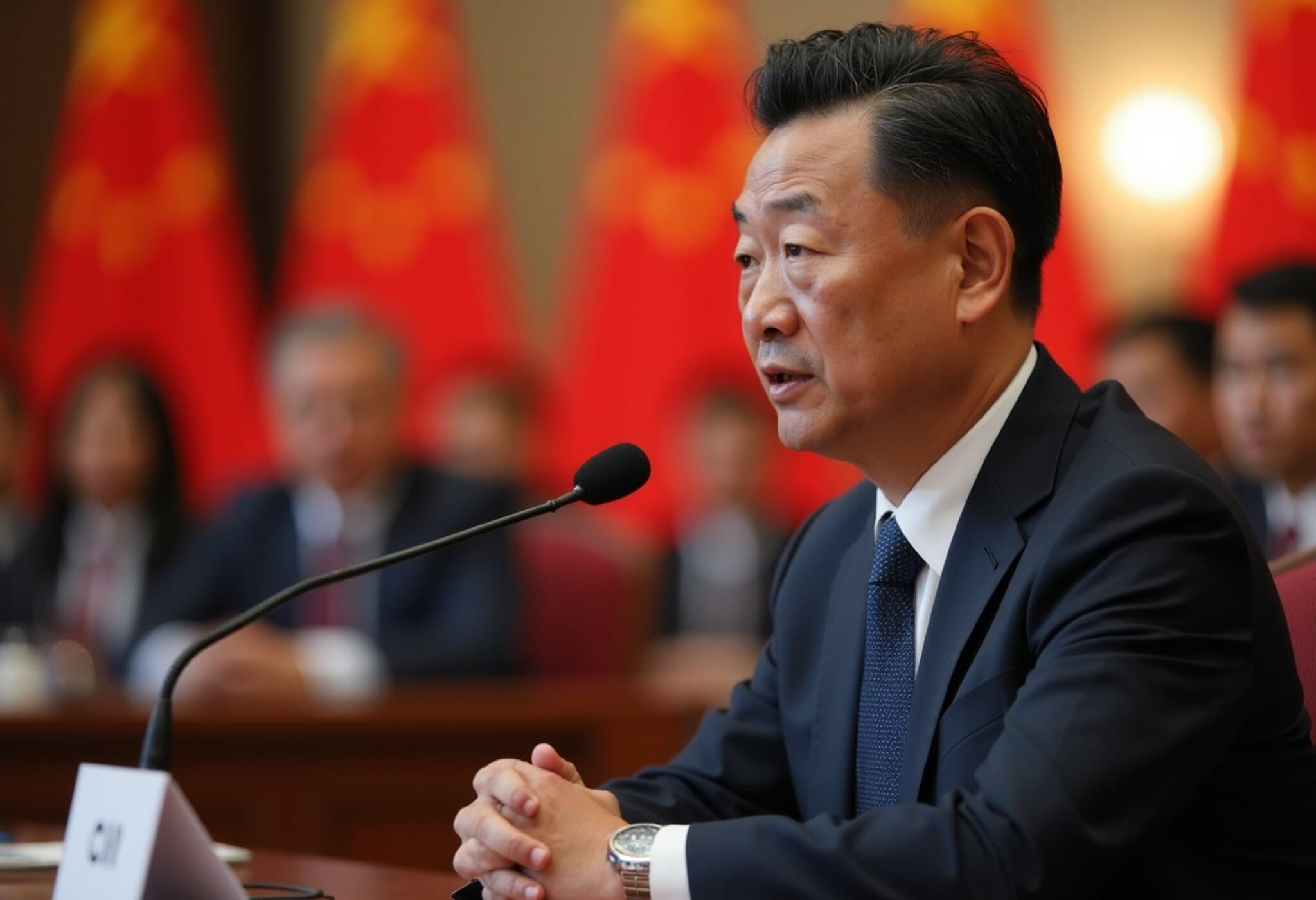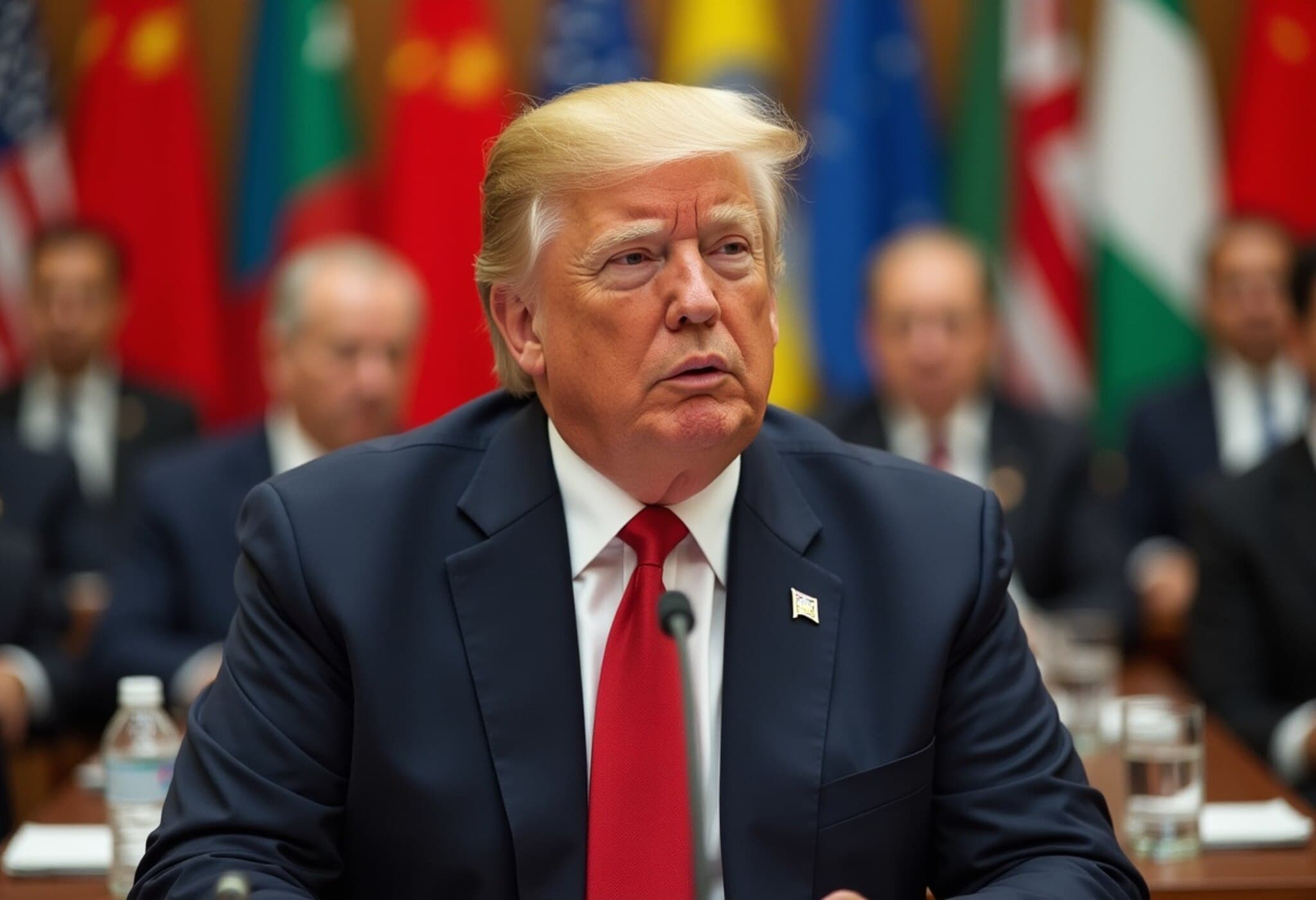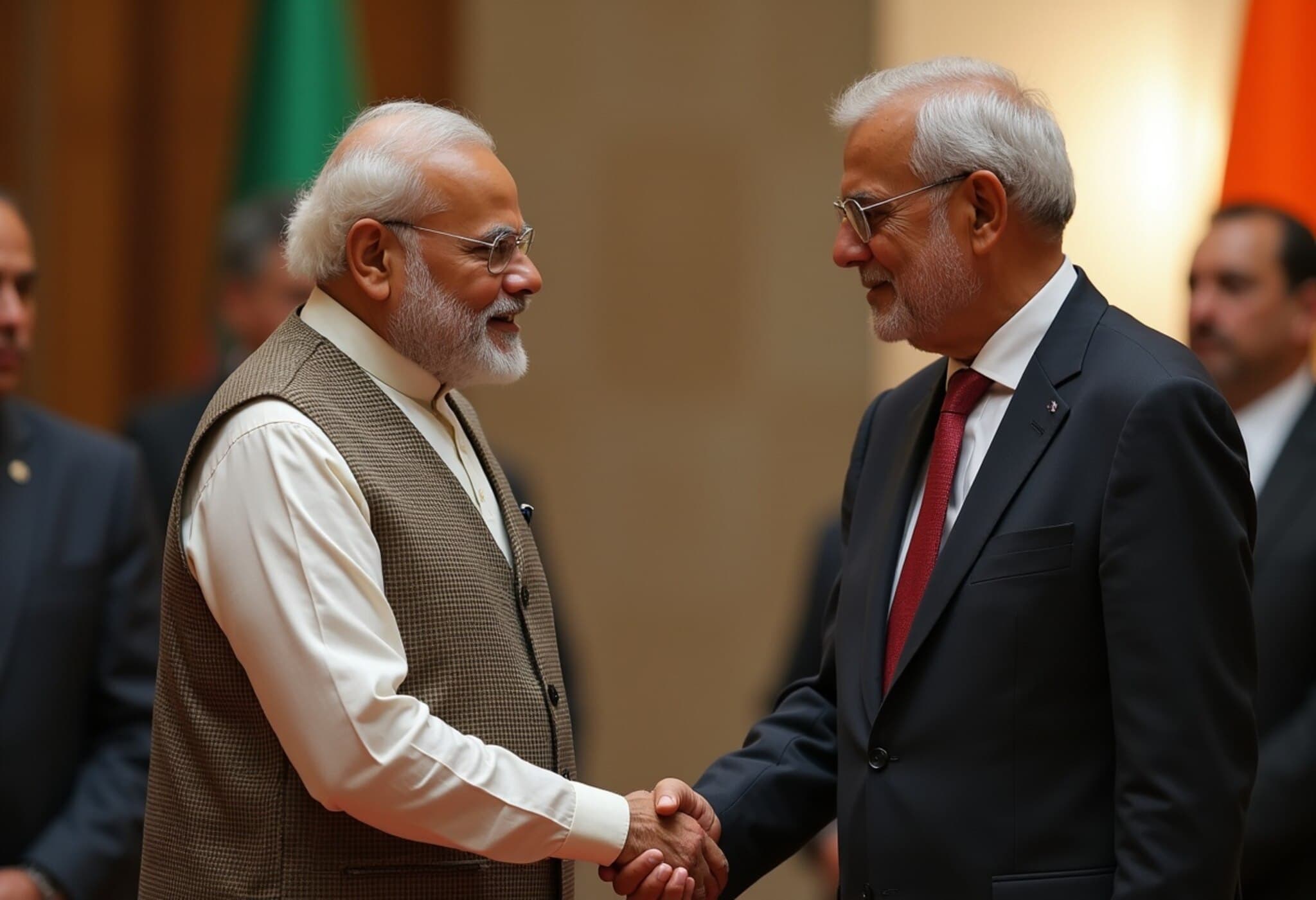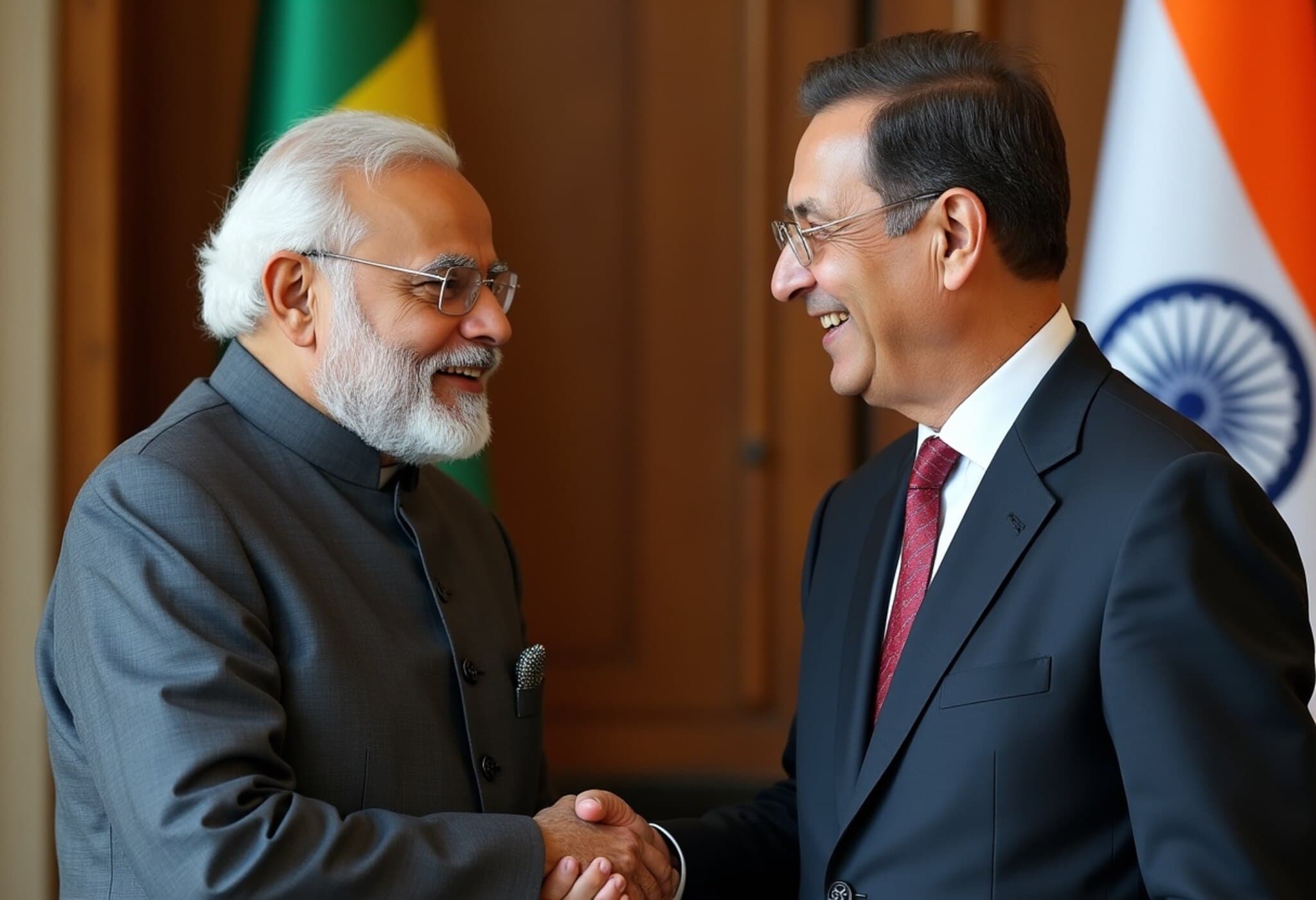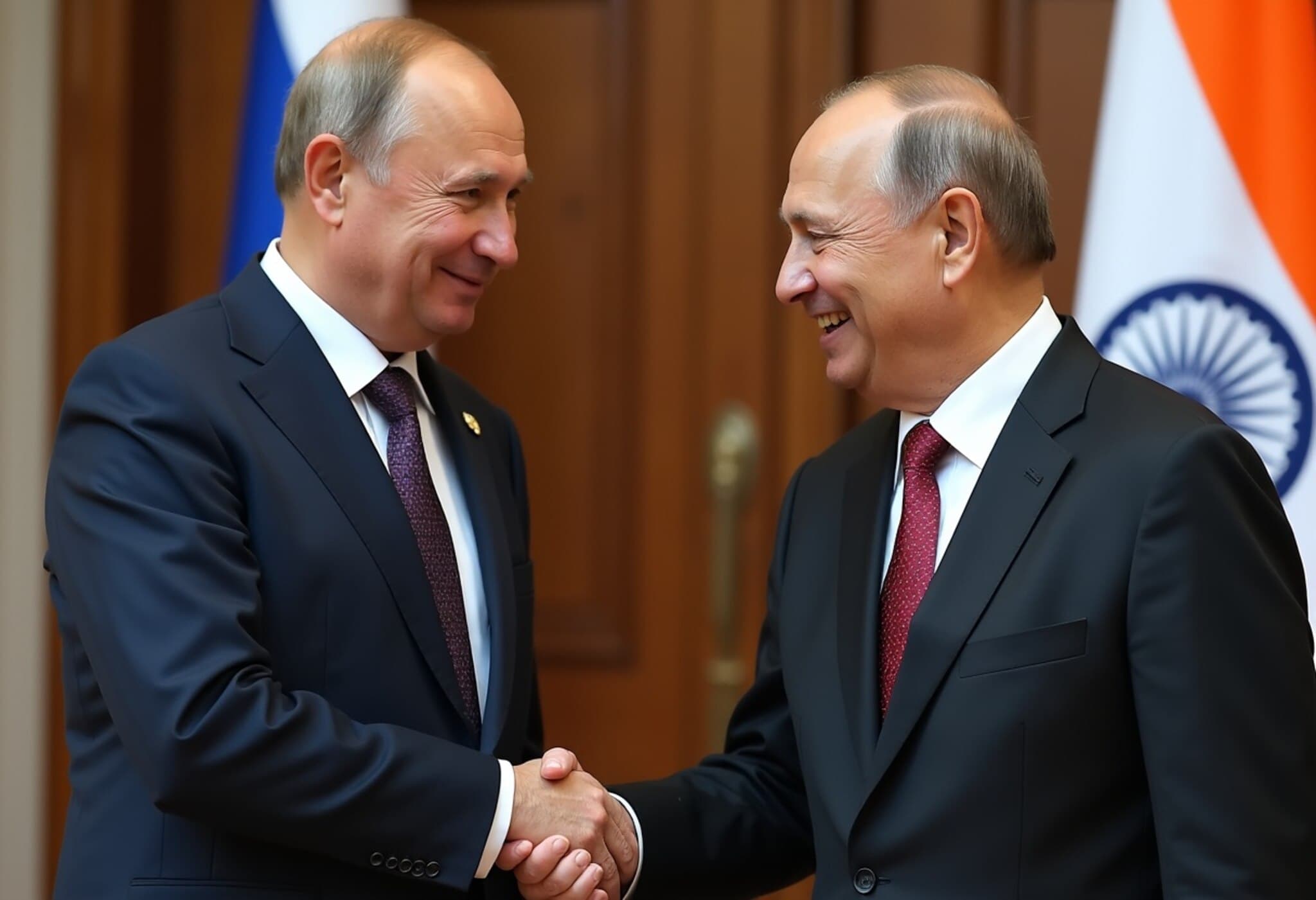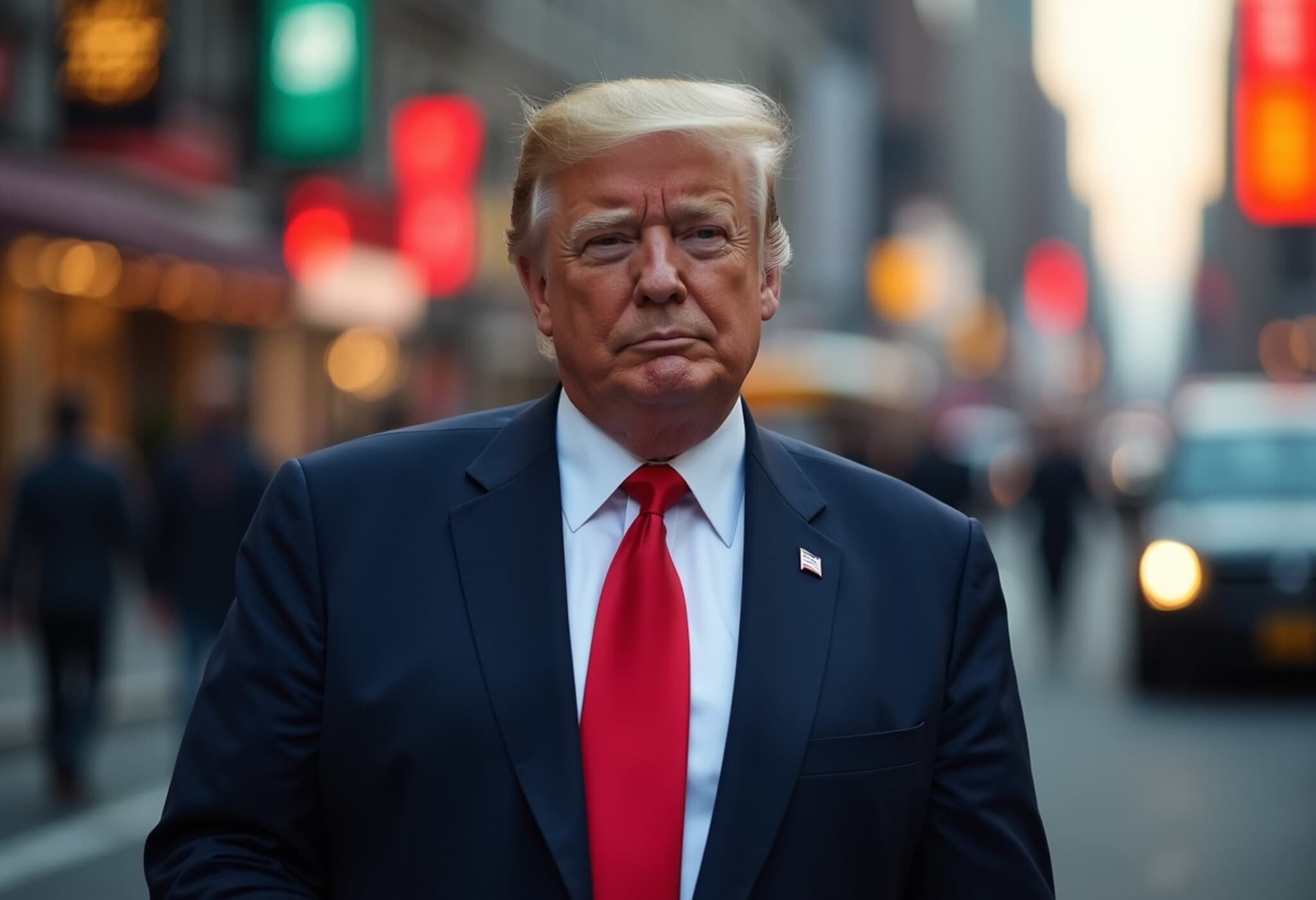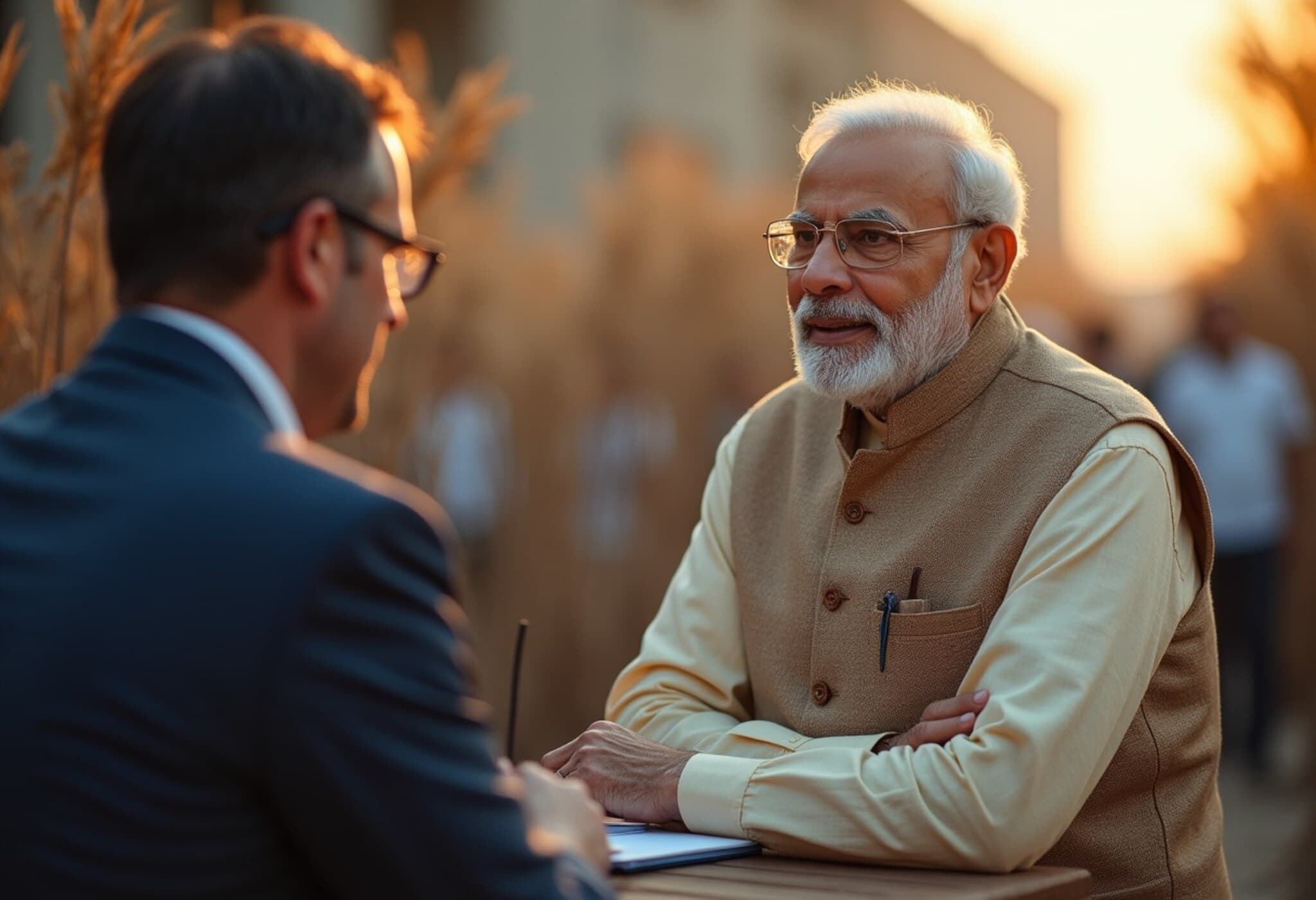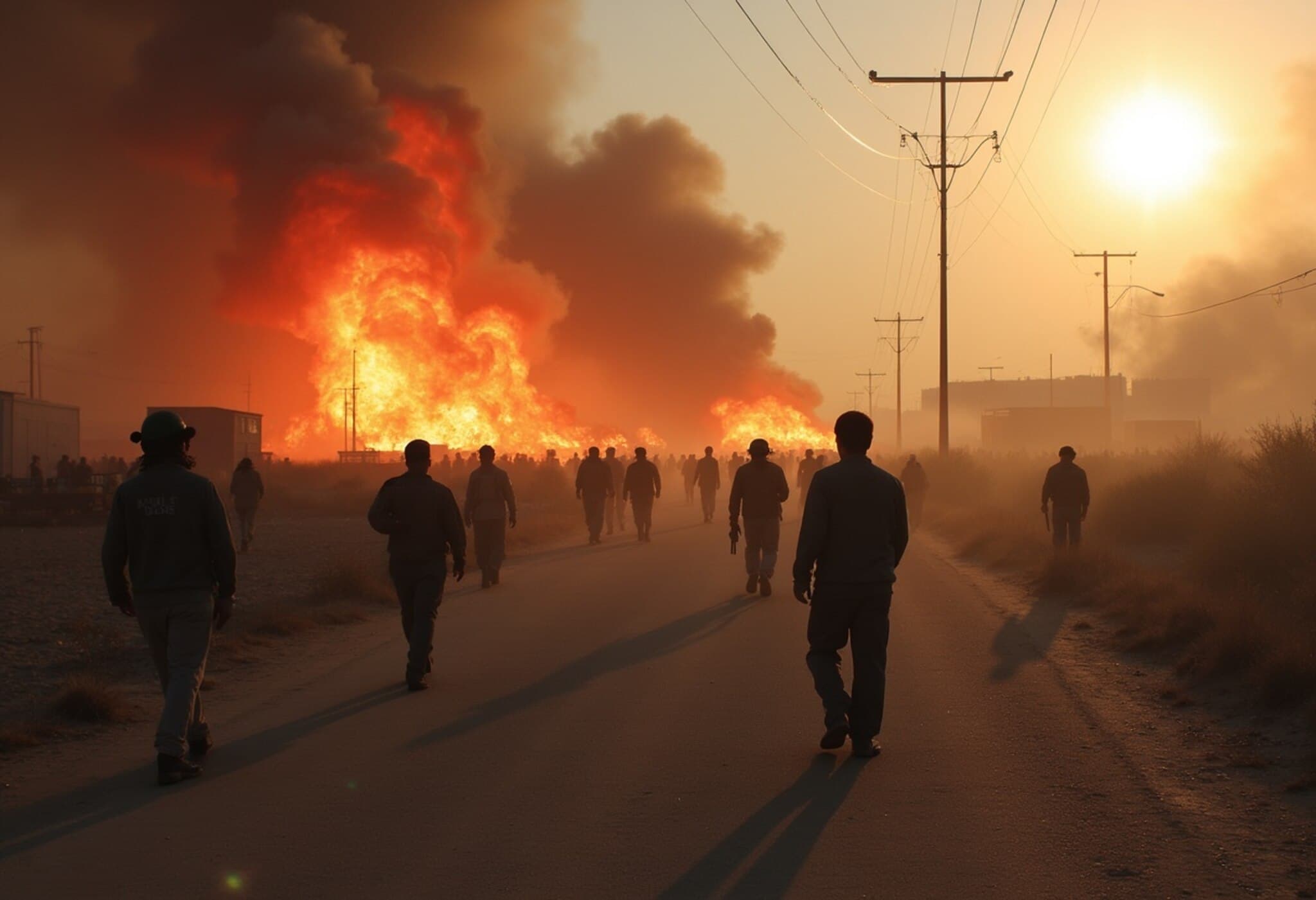Russia Pushes Ahead with Long-Term Economic Cooperation Plans
At the recent St Petersburg International Economic Forum (SPIEF) 2025, Russian President Vladimir Putin announced that Moscow is advancing comprehensive, long-term economic collaboration strategies with its key global partners, including India. The forum, often dubbed the 'Russian Davos', gathered world leaders to discuss global economic challenges under the theme "Shared Values: The Foundation of Growth in a Multipolar World."
Action Plans Target 2030 Completion With Focus on Trade and Investment
Putin emphasized the urgency of finalizing action plans for sustained cooperation by 2030, highlighting the importance of strengthening trade and investment ties. "We are progressing toward boosting oil and gas exports, removing trade barriers, exploring new market niches, and developing infrastructure," he stated. These initiatives aim to deepen economic integration and create new opportunities across sectors.
Emergence of a Multipolar World Order
Addressing the changing geopolitical landscape, Putin remarked that a new world order is unfolding organically, akin to the rising sun. He refuted claims that Russia and China are solely orchestrating this transformation, instead suggesting the process is inevitable and driven by a broader coalition of nations. "Our role is to formalize and guide this evolution in a way that benefits the majority of countries," Putin explained, emphasizing balance and inclusivity.
India’s Active Participation and Collaborative Vision
India was represented at SPIEF 2025 by Union Minister Ashwini Vaishnaw, who oversees Railways, Information and Broadcasting, and Electronics and IT. He delivered keynote speeches at key sessions, including one focused on "The Future of Artificial Intelligence," where he underscored India's advancements in AI and its commitment to ethical, inclusive technology development.
Deepening the India-Russia Economic Partnership
During the India-Russia Business Forum, Vaishnaw highlighted the expanding economic relationship and the exploration of fresh areas for cooperation. His meetings with Russian federal ministers, industrial leaders, and tech experts centered on enhancing partnership in vital areas such as:
- Logistics and Transportation
- Infrastructure Development
- Railway Modernization
- Information Technology and Artificial Intelligence
The discussions reaffirmed India's commitment to strategic collaboration with Russia, aligning with national ambitions like Atmanirbhar Bharat (Self-Reliant India) and the broader objectives of global digital transformation.
A Milestone for Sustained Growth and Innovation
Vaishnaw's visit symbolizes a meaningful step toward reinforcing the robust, historic partnership between India and Russia. Both nations are paving the way for mutual economic growth, innovation, and greater technological cooperation, setting a solid foundation for the decade ahead.

